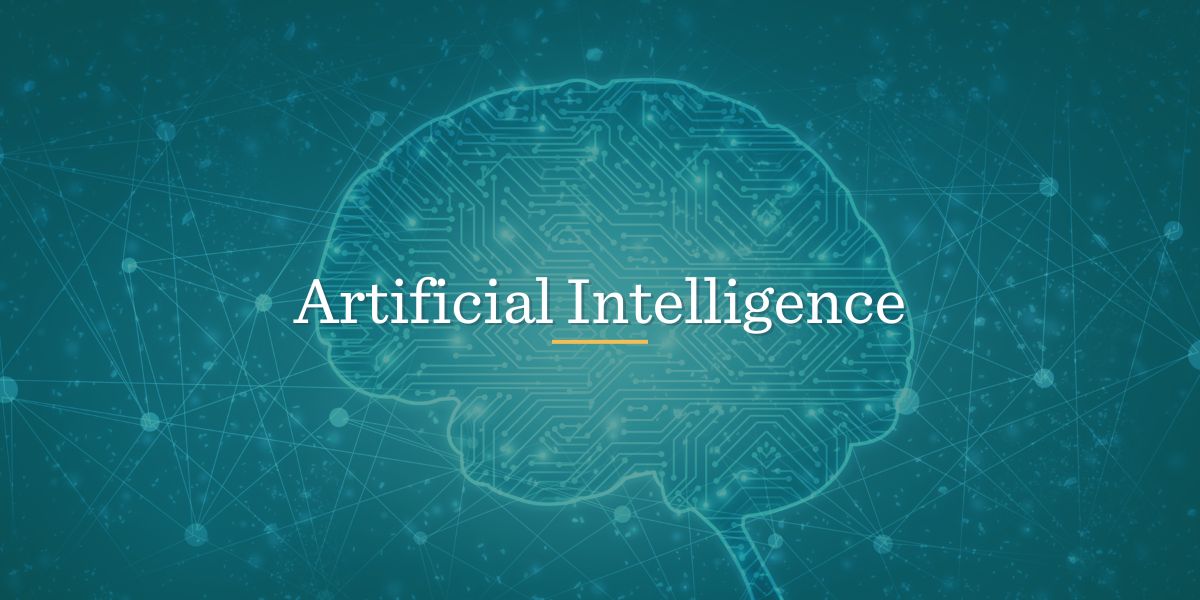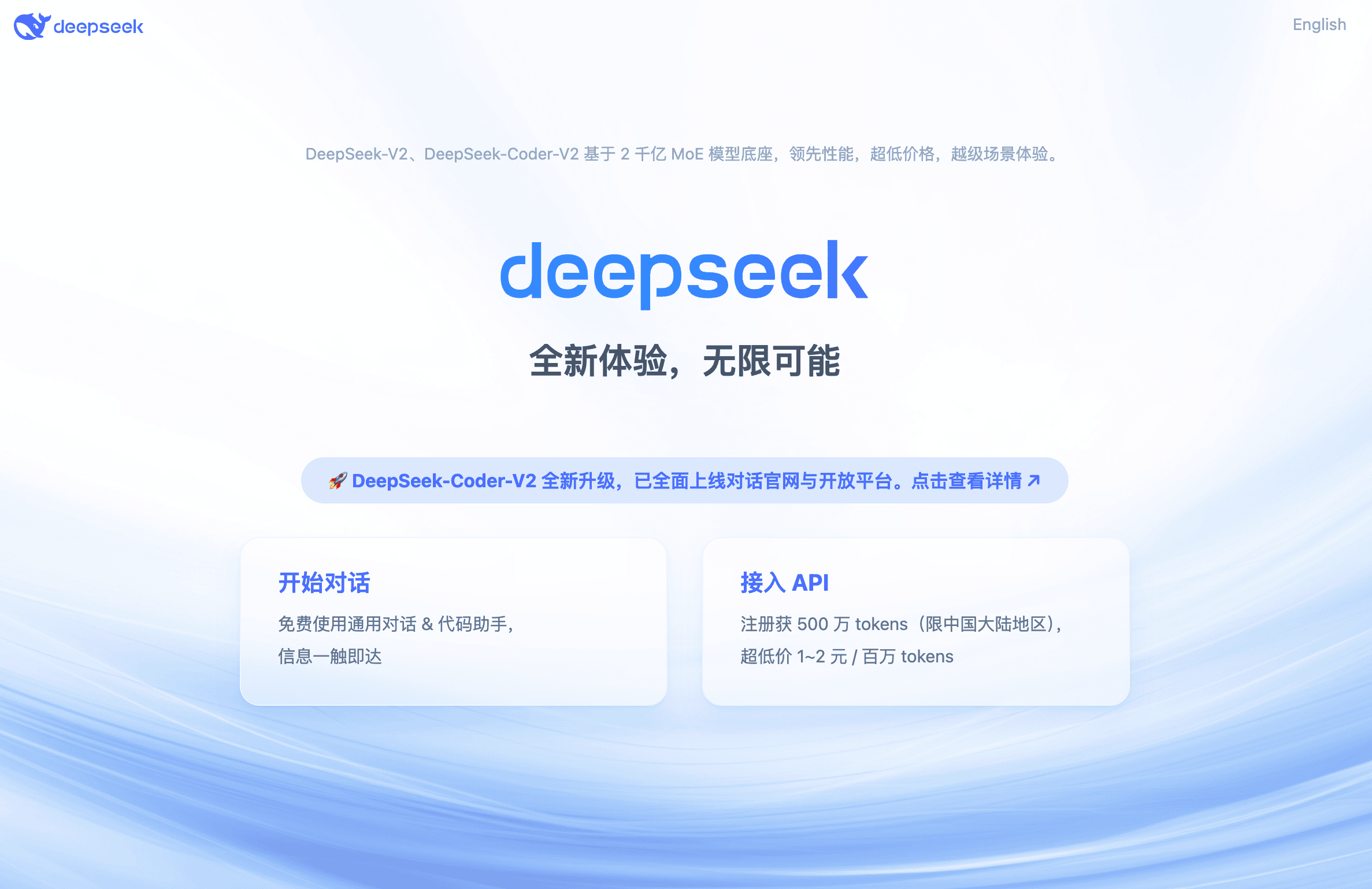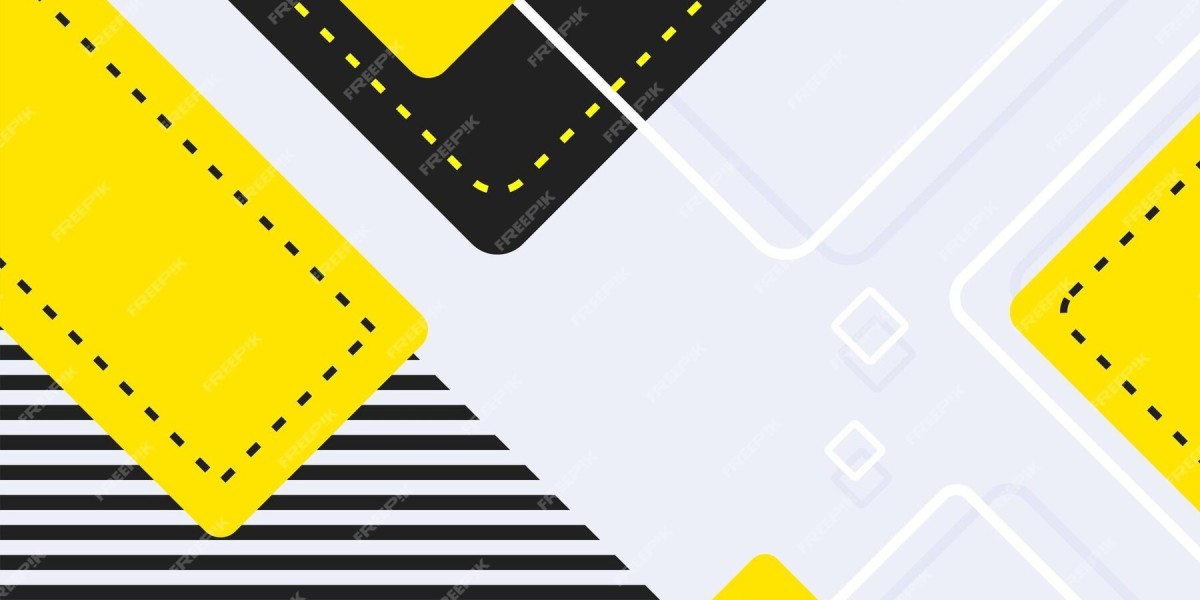Artificial Intelligence (AI) is reinventing education while making finding out more available but also sparking debates on its effect.

While students hail AI tools like ChatGPT for improving their knowing experience, lecturers are raising issues about the growing dependence on AI, which they argue fosters laziness and undermines academic integrity, especially with lots of students unable to defend their assignments or provided works.

Prof. Isaac Nwaogwugwu, a speaker at the University of Lagos, in an interview with Nairametrics, expressed frustration over the growing reliance on AI-generated actions among trainees stating a current experience he had.
RelatedStories
Avoid sharing individual info that can identify you with AI tools- Expert cautions
Chinese AI app DeepSeek stimulates worldwide tech selloff, challenges U.S. AI supremacy
"I offered a task to my MBA trainees, and out of over 100 students, about 40% submitted the exact very same responses. These students did not even know each other, but they all used the very same AI tool to create their responses," he stated.
He noted that this trend prevails amongst both undergraduate and postgraduate students however is specifically worrying in part-time and distance learning programs.
"AI is a severe obstacle when it concerns projects. Many trainees no longer believe critically-they simply go online, generate responses, and send," he included.
Surprisingly, some lecturers are likewise implicated of over-relying on AI, setting a cycle where both teachers and students turn to AI for benefit rather than intellectual rigor.
This dispute raises vital questions about the role of AI in academic integrity and student advancement.
According to a UNESCO report, while ChatGPT reached 100 million monthly active users in January 2023, just one country had launched regulations on generative AI since July 2023.
Since December 2024, ChatGPT had over 300 million individuals using the AI chatbot weekly and 1 billion messages sent every day around the globe.
Decline of scholastic rigor
University speakers are progressively worried about trainees submitting AI-generated assignments without truly comprehending the content.
Dr. Felix Echekoba, a speaker at Nnamdi Azikiwe University, revealed his issues to Nairametrics about students increasingly depending on ChatGPT, only to have a hard time with answering basic concerns when checked.
"Many students copy from ChatGPT and submit polished projects, however when asked fundamental questions, they go blank. It's disappointing since education is about learning, not just passing courses," he said.
- Prof. Nwaogwugwu explained that the increasing number of superior graduates can not be completely attributed to AI however confessed that even high-performing trainees utilize these tools.
"A superior student is a first-rate student, AI or not, however that doesn't mean they do not cheat. The benefits of AI might be peripheral, but it is making students dependent and less analytical," he said.
- Another speaker, Dr. Ereke, from Ebonyi State University, raised a different concern that some lecturers themselves are guilty of the very same practice.
"It's not simply trainees using AI lazily. Some speakers, out of their own laziness, produce lesson notes, course details, marking schemes, and even exam concerns with AI without reviewing them. Students in turn use AI to create responses. It's a cycle of laziness and it is eliminating real learning," he lamented.
Students' point of views on usage
Students, smfsimple.com on the other hand, say AI has actually enhanced their learning experience by making scholastic materials more understandable and accessible.
- Eniola Arowosafe, a 300-level Business Administration trainee at Unilag, shared how AI has substantially aided her knowing by breaking down complex terms and offering summaries of prolonged texts.
"AI helped me comprehend things more easily, especially when handling complex subjects," she discussed.
However, she recalled an instance when she utilized AI to send her job, only for her speaker to right away recognize that it was produced by ChatGPT and reject it. Eniola kept in mind that it was a good-bad effect.
- Bryan Okwuba, who just recently finished with a top-notch degree in Pharmacy Technology from the University of Lagos, securely thinks that his academic success wasn't due to any AI tool. He attributes his outstanding grades to actively appealing by asking concerns and focusing on locations that lecturers highlight in class, as they are typically shown in test concerns.
"It's all about existing, taking note, and tapping into the wealth of understanding shared by my associates," he stated,
- Tunde Awoshita, a final-year marketing trainee at UNIZIK, confesses to sometimes copying straight from ChatGPT when dealing with numerous deadlines.
"To be honest, there are times I copy straight from ChatGPT when I have numerous deadlines, and I understand I'm guilty of that, a lot of times the speakers don't get to check out them, however AI has actually also helped me discover quicker."
Balancing AI's role in education
Experts believe the option depends on AI literacy; teaching trainees and lecturers how to utilize AI as a learning help rather than a faster way.
- Minister of Education, Dr. Tunji Alausa, highlighted the integration of AI into Nigeria's education system, drapia.org stressing the significance of a balanced approach that preserves human involvement while utilizing AI to enhance discovering outcomes.
"As we browse the quickly evolving landscape of Artificial Intelligence (AI), it is vital that we prioritise human firm in education. We need to make sure that AI boosts, instead of changes, educators' vital function in forming young minds," he stated
Dorcas Akintade, online-learning-initiative.org a cybersecurity transformation expert, attended to growing issues regarding making use of expert system (AI) tools such as ChatGPT and their potential threats to the instructional system.
- She acknowledged the advantages of AI, however, emphasized the need for caution in its use.
- Akintade highlighted the increasing hesitance amongst educators and schools towards integrating AI tools in finding out environments. She recognized 2 main reasons why AI tools are prevented in instructional settings: security risks and plagiarism. She discussed that AI tools like ChatGPT are trained to respond based on user interactions, which may not align with the expectations of teachers.
"It is not taking a look at it as a tutor," Akintade stated, discussing that AI does not cater to specific mentor methods.
Plagiarism is another issue, as AI pulls from existing data, typically without proper attribution
"A great deal of individuals require to comprehend, like I stated, this is data that has been trained on. It is not simply bringing things out from the sky. It's bringing info that some other people are fed into it, which in essence suggests that is another person's documentation," she warned.
- Additionally, Akintade highlighted an early issue in AI development referred to as "hallucination," where AI tools would generate info that was not accurate.
"Hallucination implied that it was highlighting details from the air. If ChatGPT could not get that information from you, it was going to make one up," she discussed.
She advised "grounding" AI by providing it with specific info to prevent such errors.
Navigating AI in Education
Akintade argued that banning AI tools outright is not the option, especially when AI presents a chance to leapfrog conventional academic methods.
- She believes that consistently enhancing key details assists people remember and prevent making errors when faced with difficulties.
"Immersion brings conversion. When you inform people the very same thing over and over once again, when they will make the errors, then they'll keep in mind."
She also empasized the need for clear policies and treatments within schools, keeping in mind that lots of schools must deal with the individuals and procedure aspects of this use.
- Prof. Nwaogwugwu has actually turned to in-class tasks and tests to counter AI-driven scholastic dishonesty.
"Now, I primarily use assignments to guarantee trainees supply original work." However, systemcheck-wiki.de he acknowledged that handling big classes makes this approach difficult.
"If you set complex questions, trainees won't be able to utilize AI to get direct responses," he explained.
He highlighted the requirement for universities to train speakers on crafting test concerns that AI can not easily resolve while acknowledging that some speakers battle to counter AI misuse due to an absence of technological awareness. "Some lecturers are analogue," he said.
- Nigeria released a draft National AI Strategy in August 2024, focusing on ethical AI advancement with fairness, transparency, accountability, wiki.dulovic.tech and personal privacy at its core.
- UNESCO in a report calls for the regulation of AI in education, encouraging organizations to examine algorithms, data, and outputs of generative AI tools to ensure they fulfill ethical requirements, protect user information, and filter unsuitable material.
- It stresses the need to examine the long-lasting effect of AI on vital abilities like believing and imagination while creating policies that line up with ethical structures. Additionally, UNESCO suggests implementing age constraints for lespoetesbizarres.free.fr GenAI use to protect more youthful trainees and safeguard vulnerable groups.
- For governments, it recommended adopting a coordinated national technique to regulating GenAI, consisting of developing oversight bodies and aligning guidelines with existing information security and personal privacy laws. It stresses evaluating AI dangers, enforcing more stringent guidelines for high-risk applications, and making sure national data ownership.









